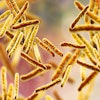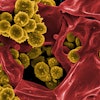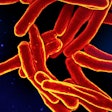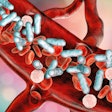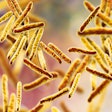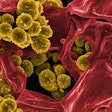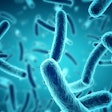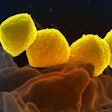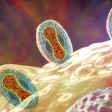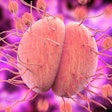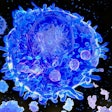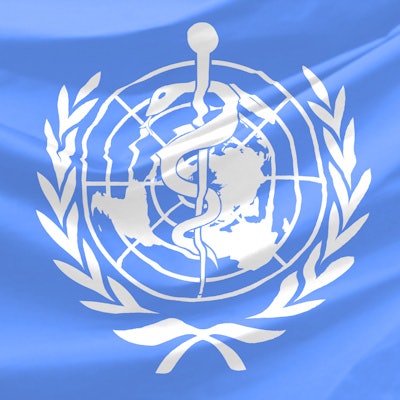
The World Health Organization (WHO) has clarified its thinking on some controversial topics surrounding the novel coronavirus, including aerosol and asymptomatic transmission. It also announced the heads of a new independent panel charged with evaluating the global pandemic response.
The WHO published a scientific brief on transmission in a question and answer format on the organization's website July 9. Ideas about transmission have been evolving and at times confusing, following comments by the WHO that asymptomatic transmission was rare and with scientists speaking out on aerosol (airborne) transmission in indoor settings, such as restaurants and churches, and urging the WHO to address this risk.
"Based on what we currently know, transmission of COVID-19 is primarily occurring from people when they have symptoms, and can also occur just before they develop symptoms, when they are in close proximity to others for prolonged periods of time," the WHO advised. "While someone who never develops symptoms can also pass the virus to others, it is still not clear to what extent this occurs and more research is needed in this area."
The WHO also clarified asymptomatic versus presymptomatic transmission and why the distinction is important.
As for aerosol transmission, the WHO noted that some medical procedures can produce very small droplets and that health professionals must protect themselves with equipment accordingly. The organization also acknowledged that outbreaks have been reported in some closed settings outside of healthcare environments.
"In these outbreaks, aerosol transmission, particularly in these indoor locations where there are crowded and inadequately ventilated spaces where infected persons spend long periods of time with others, cannot be ruled out," the WHO said. "More studies are urgently needed to investigate such instances and assess their significance for transmission of COVID-19."
Also on July 9, the WHO announced the leaders of an independent panel to review the world response to the COVID-19 pandemic. Guided by consultations with WHO members and world experts, the WHO has decided that the panel will be co-chaired by Helen Clark, former prime minister of New Zealand, and Ellen Johnson Sirleaf, former president of Liberia. Clark and Sirleaf will be selecting other members of the panel, with openness to suggestions about prospective participants from member nations. The appointments of the co-chairs follow a decision in May by the WHO to conduct an independent evaluation of the COVID-19 response internationally.
To date, there have been more than 11.8 cases of coronavirus globally, with more than 544,000 deaths, and the pandemic is still accelerating, Director-General Tedros Adhanom Ghebreyesus noted in a July 9 briefing to member states. Some countries with "modest means" have responded effectively to the pandemic, whereas some of the wealthiest nations have been disrupted, he said.
"We know that when countries take a comprehensive approach based on fundamental public health measures -- such as find, isolate, test and treat cases, and trace and quarantine contacts -- the outbreak can be brought under control," Adhanom Ghebreyesus said. "But in most of the world the virus is not under control. It is getting worse."


